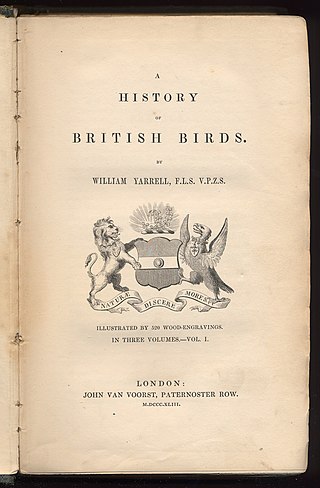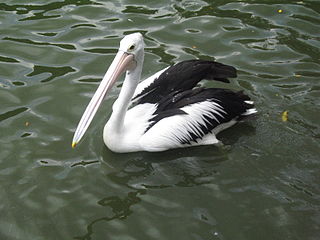
Coenraad Jacob Temminck was a Dutch patrician, zoologist and museum director.

Heinrich Kuhl was a German naturalist and zoologist.

Martin H[e]inrich Carl Lichtenstein was a German physician, explorer, botanist and zoologist. He explored parts of southern Africa and collected natural history specimens extensively and many new species were described from his collections by European scientists.

Hermann Schlegel was a German ornithologist, herpetologist and ichthyologist.

The black-headed bulbul is a member of the bulbul family, Pycnonotidae. It is found in forests in south-eastern Asia.
Pierre-Médard Diard was a French naturalist and explorer.
Heinrich Agathon Bernstein was a German naturalist, zoologist and explorer from Breslau (Wrocław).

The crested kingfisher is a very large kingfisher that is native to parts of southern Asia, stretching eastwards from the Indian Subcontinent towards Japan. It forms a species complex with the other three Megaceryle species.

The grey peacock-pheasant, also known as Burmese peacock-pheasant, is a large Asian member of the order Galliformes.

The Ahanta francolin or Ahanta spurfowl is a species of bird in the pheasant family, Phasianidae. It is native to western Africa, where it occurs in Benin, Ivory Coast, Gambia, Ghana, Guinea, Guinea-Bissau, Liberia, Mali, Nigeria, Senegal, Sierra Leone, and Togo.

The Bornean ground cuckoo is a large terrestrial species of cuckoo in the family Cuculidae. It is, as suggested by its common name, endemic to the island of Borneo, being found in the sections belonging to Brunei, Malaysia and Indonesia. It is restricted to humid forest. It is threatened by habitat loss. It was formerly considered conspecific with the Sumatran ground cuckoo.

The western bearded greenbul is a species of songbird in the bulbul family, Pycnonotidae. It is found in West Africa. Its natural habitats are subtropical or tropical dry forests and subtropical or tropical moist lowland forests.

The cerulean cuckooshrike is a species of bird in the family Campephagidae. It is endemic to the island of Sulawesi in Indonesia. Its natural habitats are subtropical or tropical moist lowland forest and subtropical or tropical moist montane forest. Other common names for this bird include the Sulawesi cuckooshrike, the Celebes cuckooshrike and Temminck's cuckooshrike.

Van Hasselt's sunbird, is a species of bird in the family Nectariniidae. It is found in Northeast India, Bangladesh and Southeast Asia. Its natural habitats are subtropical or tropical moist lowland forests and subtropical or tropical mangrove forests.

This article provides a summary of significant events in 1820 in birding and ornithology. Notable occurrences in 1820 include the first description of the yellow-legged tinamou, and the commencement of ornithologist William John Swainson's Zoological Illustrations, a work including illustrations of many birds.

William Yarrell's A History of British Birds was first published as a whole in three volumes in 1843, having been serialised, three sheets every two months, over the previous six years. It is not a history of ornithology but a natural history, a handbook or field guide systematically describing every species of bird known to occur in Britain. A separate article of about six pages, containing an image, a description, and an account of worldwide distribution, together with reports of behaviour, is provided for each species.

The brown cuckoo-dove is a dove in the genus Macropygia found in Australia from Weipa and Aurukun in the north to Bega in the south, and most inland at Atherton and Toowoomba. It is sometimes called the "brown pigeon" or "pheasant pigeon", but both terms are best avoided, as they can lead to confusion with the brown doves and the true pheasant pigeon. It was one of three new species defined when the slender-billed cuckoo-dove was split in 2016.
This page is based on this
Wikipedia article Text is available under the
CC BY-SA 4.0 license; additional terms may apply.
Images, videos and audio are available under their respective licenses.

















